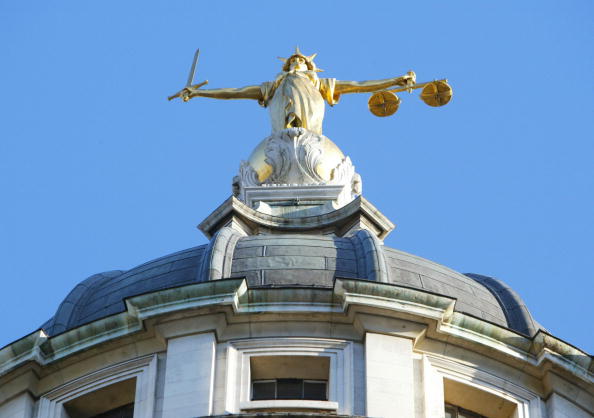Longer prison sentences given out for tax evasion

Prison sentence lengths for tax evasion rose by 10 per cent on average last year as the taxman pushed for tougher punishments to dodgng payments.
The average sentence for the deliberate non-payment of tax rose to two years and seven months in 2018 – an increase of two months on 2017’s figures – according to law firm Pinsent Masons.
Read more: HMRC at risk of not delivering on prosecution targets as Brexit slows tax evasion enforcement
“Longer prison sentences are a clear message from HMRC – it will not tolerate tax evasion,” said Pinsent Masons partner Steven Porter.
Just over a thousand people were charged with tax evasion in the year to the end of March 2018. Since 2010, more than 5,4000 people have been convicted over the offence. The maximum fine for income tax evasion in the UK is seven years.
An HMRC spokesperson said it “is committed to ensuring all companies and individuals pay the right tax at the right time and will pursue those who fail to do so.”
The tax department has been taking a harder line against offenders after it was slammed by MPs over its enforcement approach.
In a 2016 report, members of the Public Accounts Committee said HMRC “needs to increase the number of investigations and prosecutions, including wealthy tax evaders, and publicise this work to deter others from evading tax and to send out a message that those who try will not get away with it.”
Those convicted of tax evasion may face tougher sentences if they use a position of power to force others to comply with their plans, and if they refuse to cooperate with investigations, as well as other factors.
Read more: HMRC launches first investigations using new corporate money laundering powers
Alongside attempts to crack down on tax evasion, there have also been recent attempts by HMRC to combat tax avoidance – the use of legal loopholes by individuals and companies to reduce their tax burden.
According to HMRC’s latest ‘tax gap’ figure, the amount of tax that went uncollected in 2018 hit £35bn, a rise of £2bn on 2017’s figures. However, campaign group Tax Watch UK says the tax authority’s methodology likely “seriously underestimates” the true scale of tax avoidance.